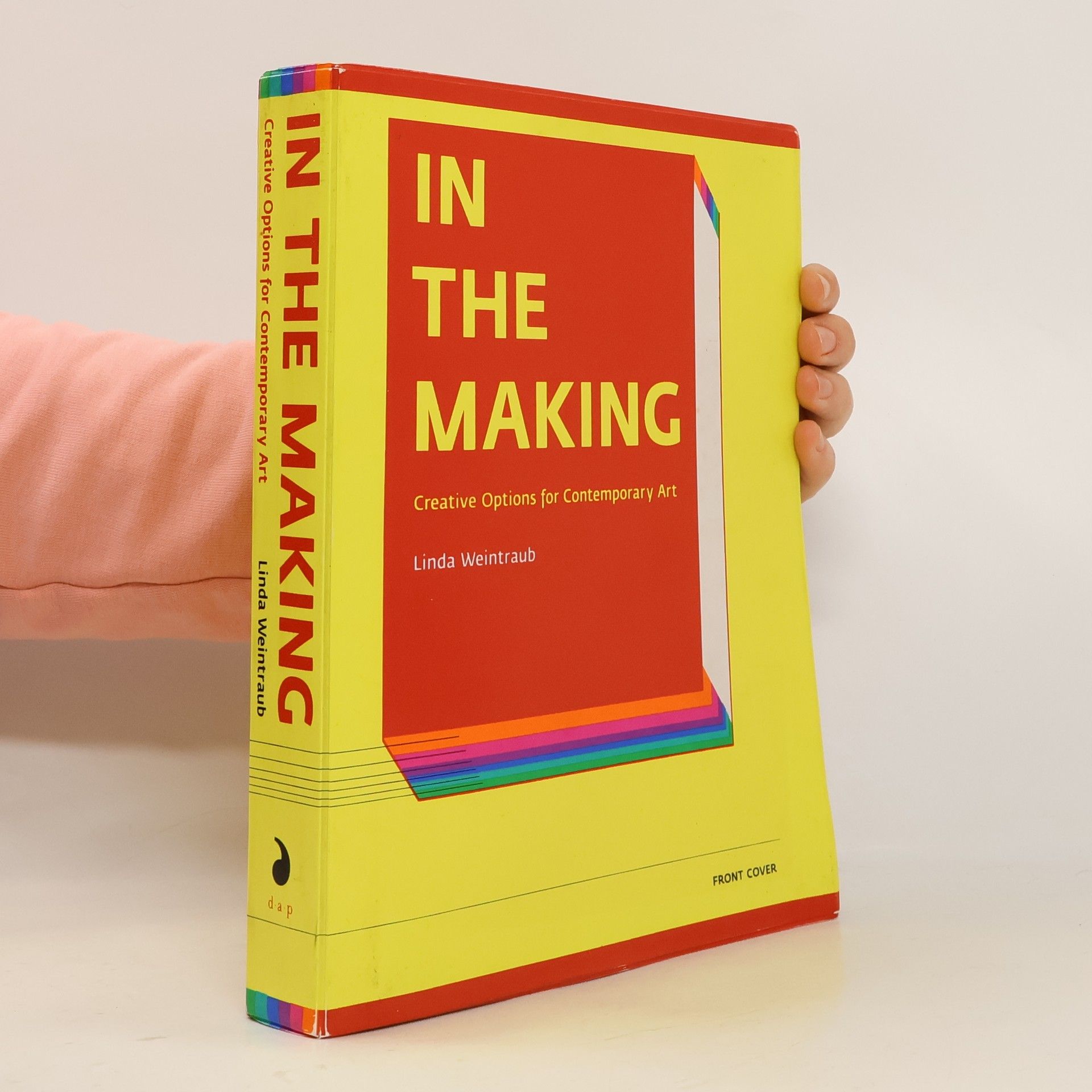Book from the Ground
- 128 stránek
- 5 hodin čtení
A book without words, recounting a day in the life of an office worker, told completely in the symbols, icons, and logos of modern life.
Xu Bing je umělec čínského původu, jehož tvorba se hluboce zaměřuje na jazyk, slova a text a na to, jak formují naše vnímání světa. Jeho umělecká praxe zkoumá interakce mezi různými kulturami a komunikačními systémy. Prostřednictvím svých často rozsáhlých instalací a tisku zpochybňuje ustálené významy a vybízí k zamyšlení nad povahou smyslu. Jeho práce jsou významným příspěvkem k současnému umění, které přemosťuje kulturní a jazykové bariéry.



A book without words, recounting a day in the life of an office worker, told completely in the symbols, icons, and logos of modern life.
From the first page to the last, this book serves as a launching pad for readers' explorations of contemporary art and their future artistic achievements. It is a follow-up to a previous work by Linda Weintraub, providing an accessible introduction to art since the 1970s. The text is designed for takeoff, not arrival, and is written in a straightforward, jargon-free style. Weintraub explores essential facets of art making in six thematic sections: “Scoping an Audience,” “Sourcing Inspiration,” “Crafting an Artistic 'Self',” “Expressing an Artistic Attitude,” “Choosing a Mission,” and “Measuring Success.” Each of the 40 chapters focuses on a different artist, illustrating various aspects of contemporary art. Featured artists include Isaac Julien, Michal Rovner, Charles Ray, Pipilotti Rist, William Kentridge, Vanessa Beecroft, and Matthew Barney. The book creates a complex understanding of how to make and view contemporary art in a simple format. It serves as an exceptional pedagogical tool, addressing gaps in art education by emphasizing conceptual issues alongside artistic techniques. Additionally, it includes interviews conducted by Weintraub's students, where artists discuss their schooling, studio space, and financial support, answering questions that aspiring artists often have.
Monograph focusing on Xu Bing's most ambitious works of art: Book from the Sky and Book from the Ground